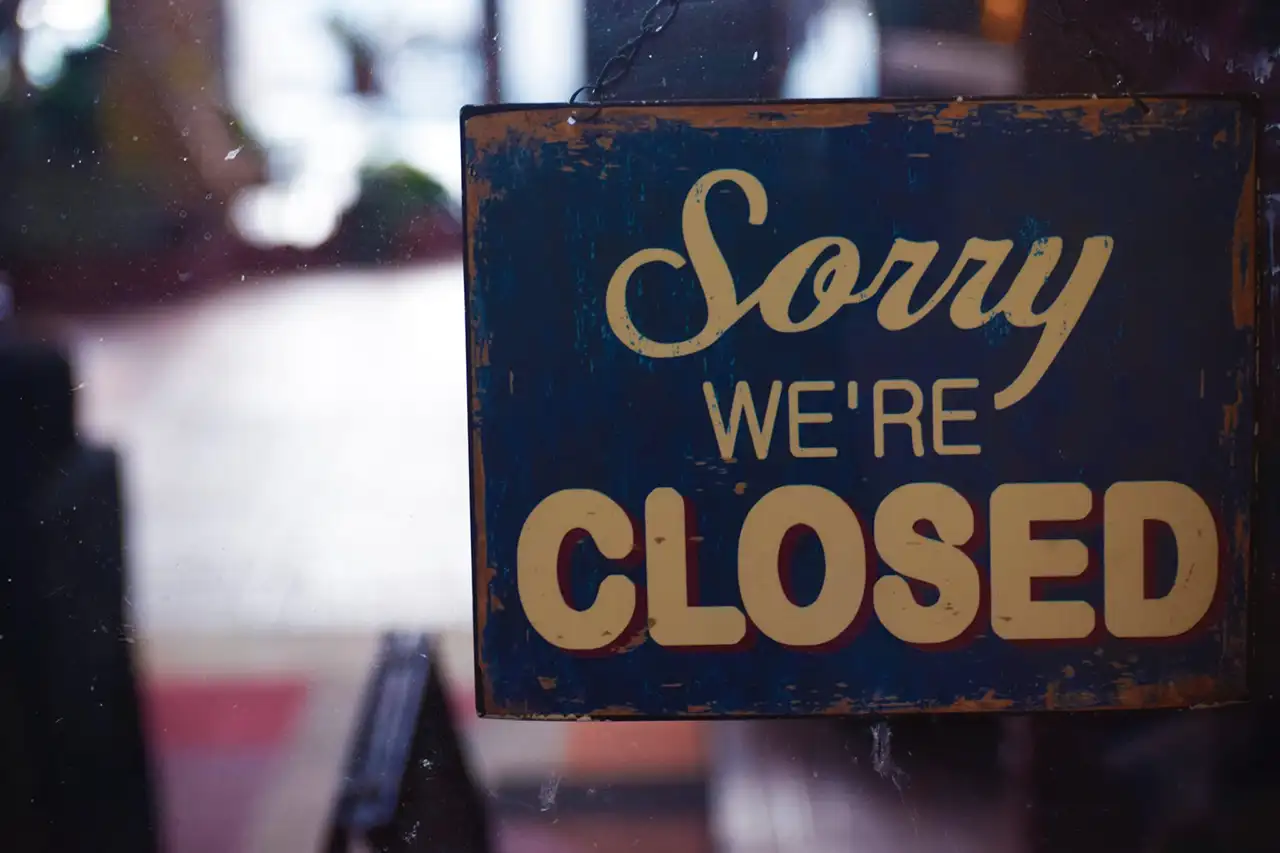
On March 16, 2020, the State of California ordered gyms, health clubs, movie theaters and restaurants to close down as the state battled the spread of the coronavirus. The State’s order to close these businesses down raised the question of whether the businesses would then be excused from paying full rent under their leases while they were forbidden from operating. The answer, under California law, depends upon whether the lease in question restricts the tenant’s use of the premises.
If the lease omits any reference to the tenant’s proposed use, or references the proposed use but does not restrict or limit the tenant’s operations to that particular use, then, generally speaking, the tenant – whether it is a gym, club, theater or restaurant – will remain obligated to pay full rent, even though it has been ordered by the government to cease its intended operations. The case law arrives at this conclusion by taking a bit of a roundabout route. Historically, a tenant is responsible for determining whether its proposed use is lawful at a particular premise, and also for obtaining any required permits or licenses. The tenant is then required to pay rent whether or not it is successful in securing government permission for a particular use. Applying these principles, the law concludes that if the government later revokes a tenant’s license, or prohibits a particular use, that, too, is a risk the tenant assumes, and will not excuse the tenant from its rental obligation.
However, this may not be the case if a lease restricts the tenant’s use to operating a particular type of business and that business is then subject to a government shut-down order. Instead, a tenant may be entitled to break such a lease under the doctrine of “commercial frustration.” For example, if a lease requires a tenant to operate as a movie theater, and the government subsequently orders all movie theaters to close down, then the tenant may be entitled to terminate its lease. The doctrine of commercial frustration applies only in cases of extreme hardship. It must be that circumstances make using the premises for the purpose for which they are leased impossible or nearly impossible. A mere “substantial” frustration of purpose is not sufficient. For example, if a restaurant can still operate by providing take-out and delivery services, then the doctrine most likely will not apply. If a health club can still operate by renting its “spinning” bicycles out to customers, it also may remain obligated to its lease.
The upshot: While a global pandemic and the forced shutdown of businesses may seem in many respects like a classic example of force majeure, it probably will not excuse a commercial tenant from its obligation to continue paying rent unless other limited conditions exist.

